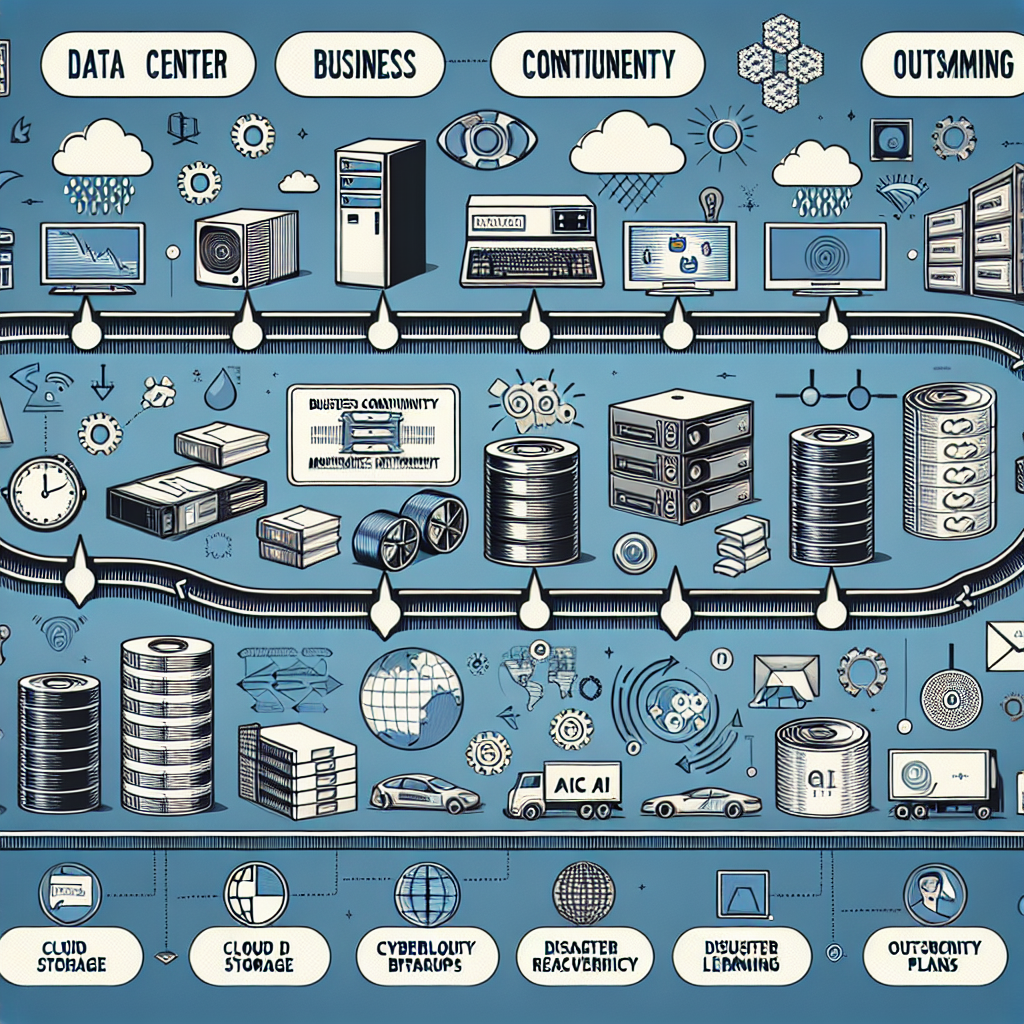Your cart is currently empty!
The Evolution of Data Center Business Continuity Management

Data centers play a crucial role in today’s digital world, serving as the backbone of businesses and organizations that rely on technology for their operations. With the increasing reliance on data centers, it has become imperative for businesses to ensure the continuity of their operations in the event of a disaster or disruption. This is where Business Continuity Management (BCM) comes into play.
Business Continuity Management is the process of developing and implementing strategies to ensure that critical business functions can continue to operate in the face of a disaster or disruption. In the context of data centers, BCM is essential for minimizing the impact of downtime and ensuring that data and services remain accessible to users.
The evolution of Data Center Business Continuity Management can be traced back to the early days of data centers when businesses relied on physical backups and redundant systems to ensure continuity. However, with the increasing complexity and scale of data centers, traditional approaches to BCM became inadequate.
Today, Data Center Business Continuity Management has evolved to encompass a holistic approach that combines technology, processes, and people to ensure the resilience of data center operations. This includes implementing disaster recovery plans, conducting regular risk assessments, and investing in advanced technologies such as virtualization, cloud computing, and automation.
One of the key trends driving the evolution of Data Center Business Continuity Management is the shift towards a more proactive and predictive approach. This involves using data analytics and artificial intelligence to identify potential risks and vulnerabilities before they escalate into full-blown disasters. By leveraging real-time monitoring and predictive analytics, data centers can proactively address issues and minimize downtime.
Another important trend in the evolution of Data Center Business Continuity Management is the increasing focus on compliance and regulatory requirements. With the growing number of data protection regulations such as GDPR and HIPAA, data centers are required to have robust BCM plans in place to ensure compliance and protect sensitive data.
Overall, the evolution of Data Center Business Continuity Management reflects the changing landscape of technology and the increasing importance of data in today’s business environment. By adopting a proactive and holistic approach to BCM, data centers can ensure the continuity of their operations and maintain the trust of their customers in an increasingly digital world.

Leave a Reply